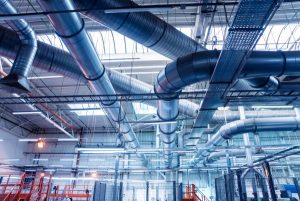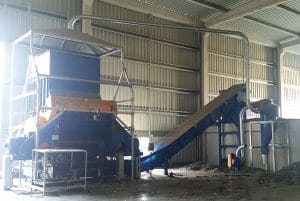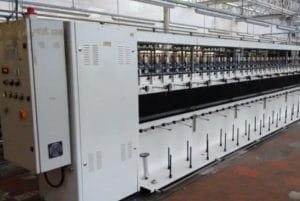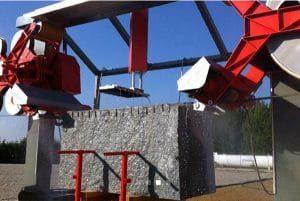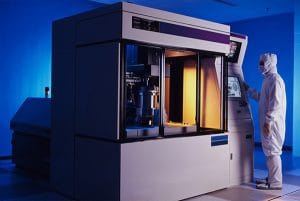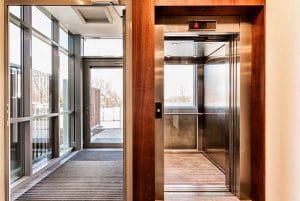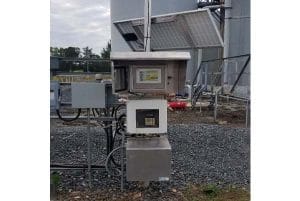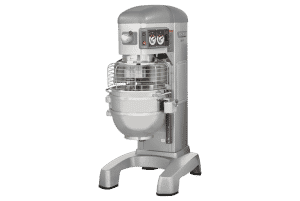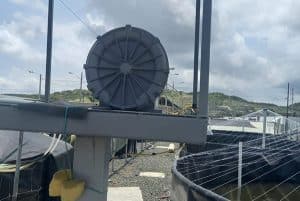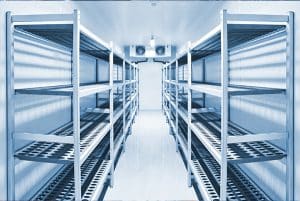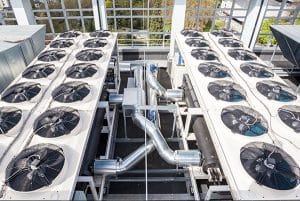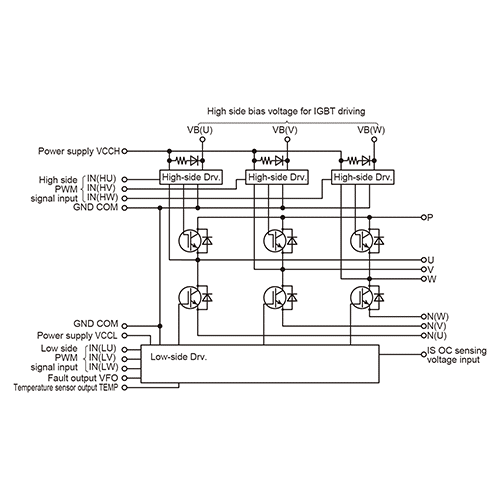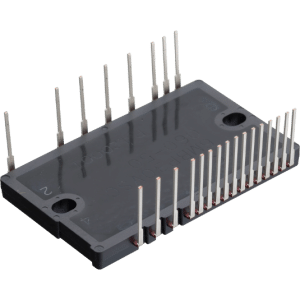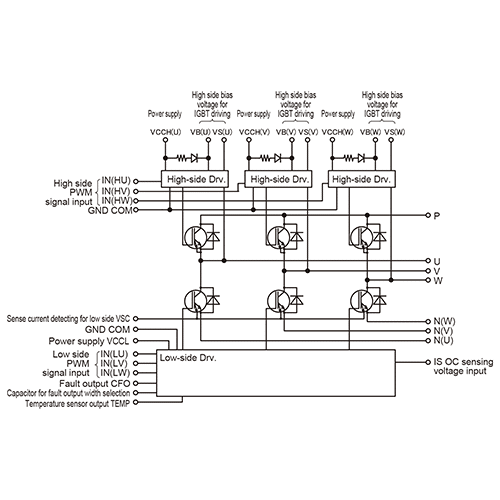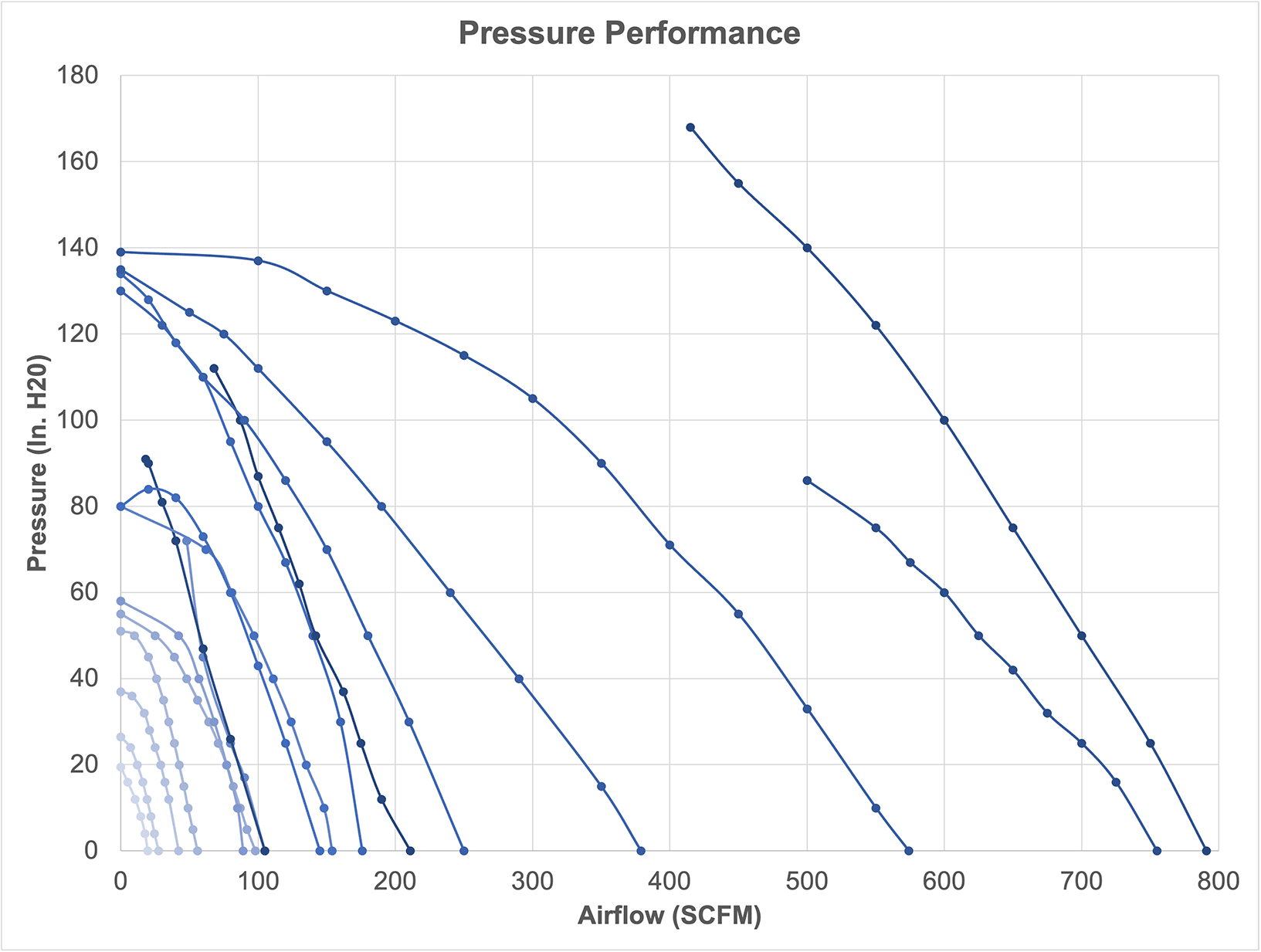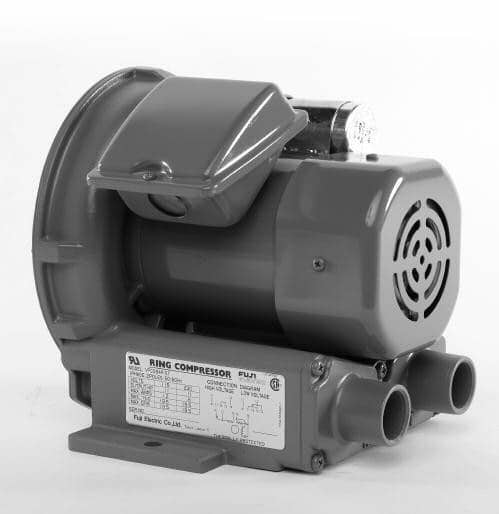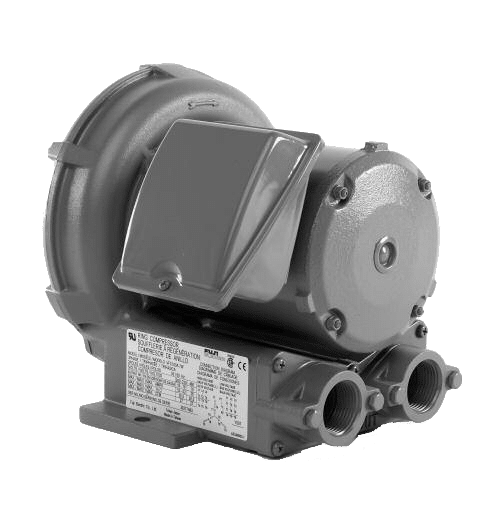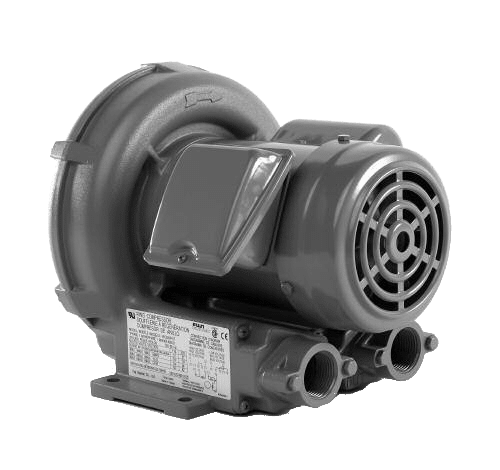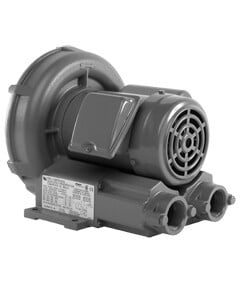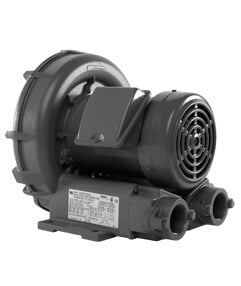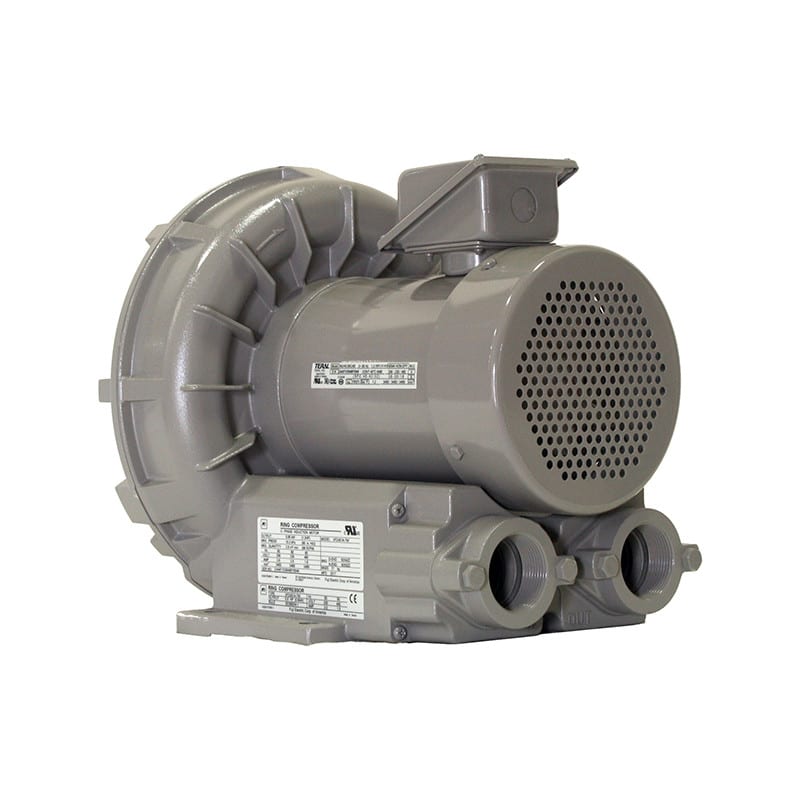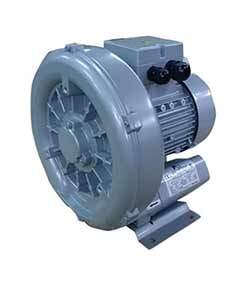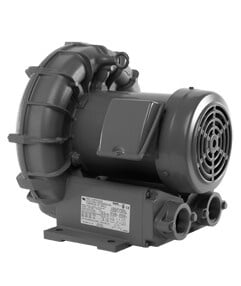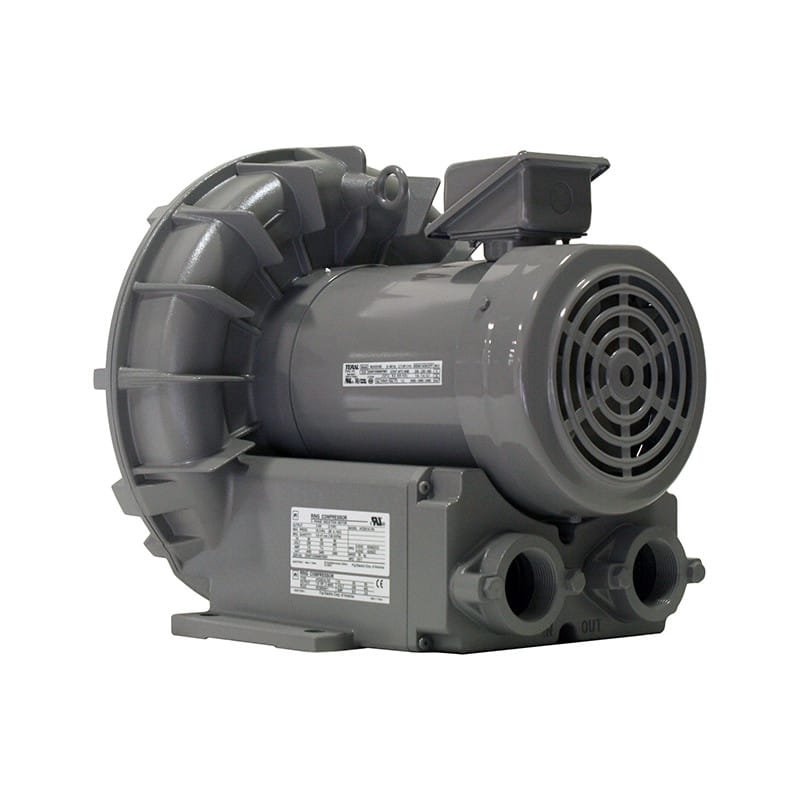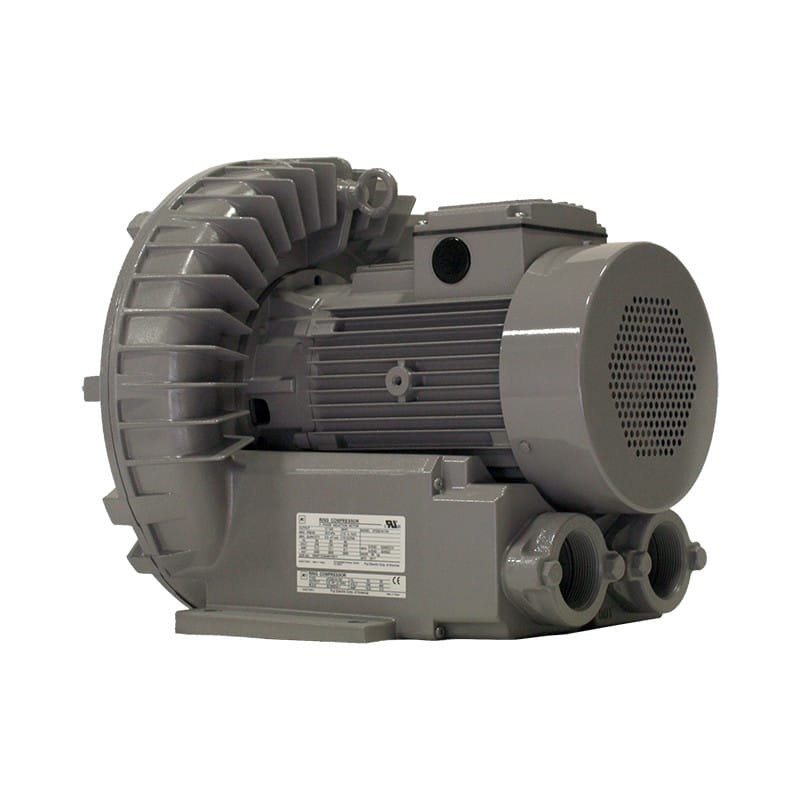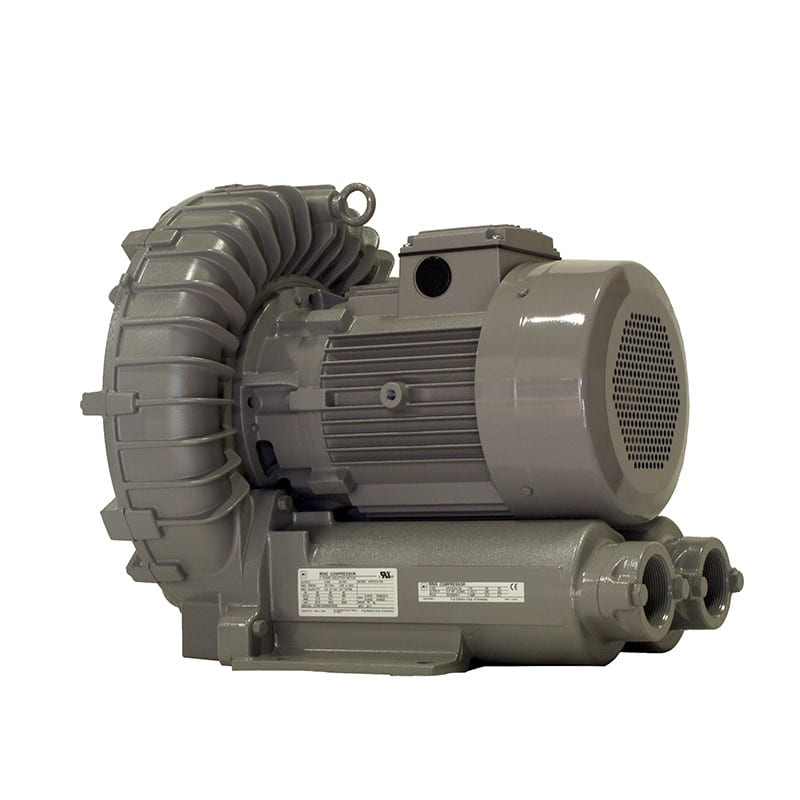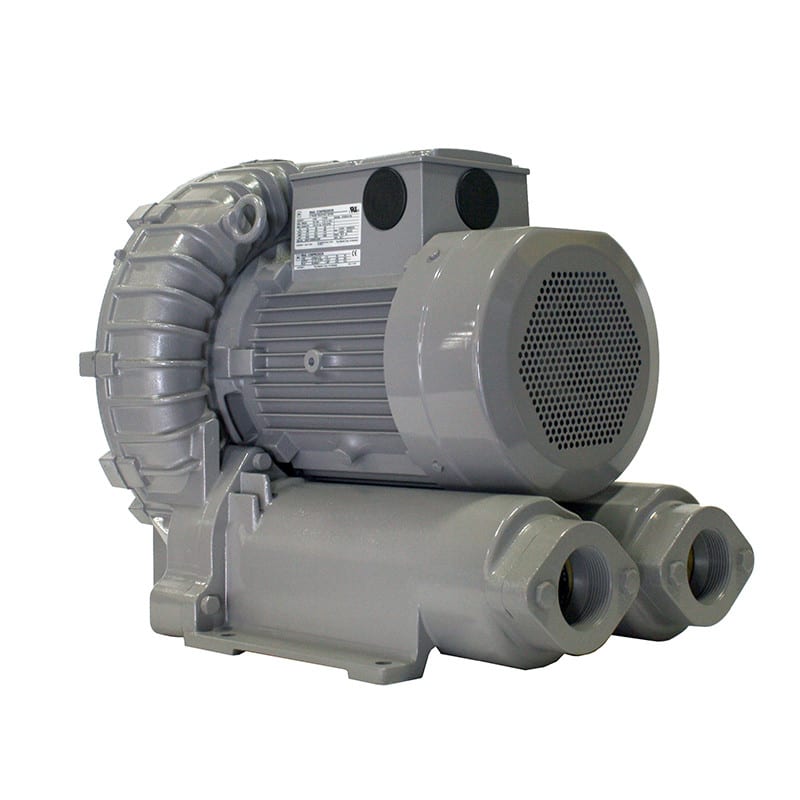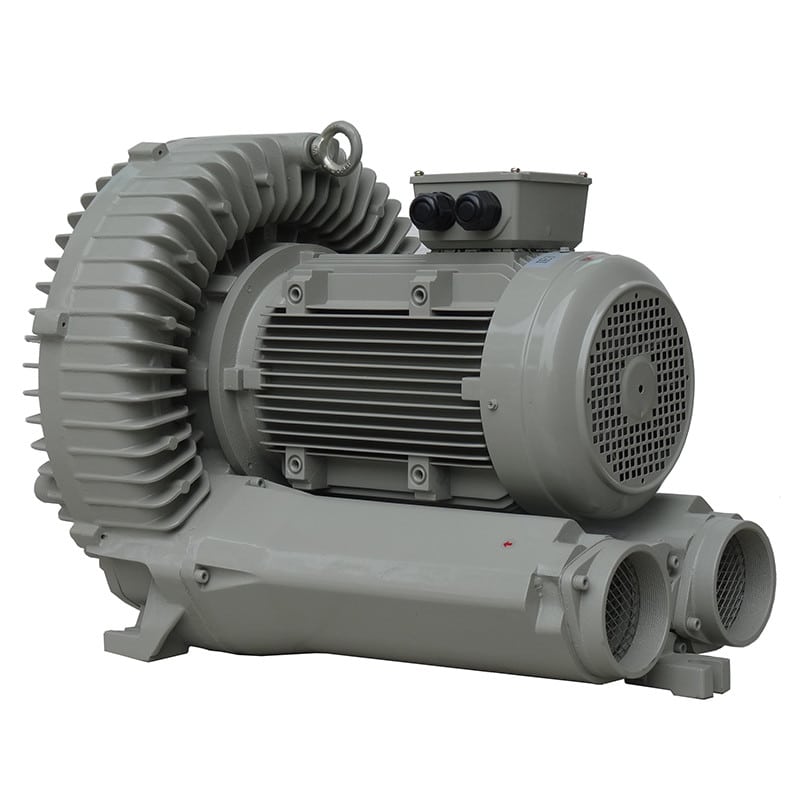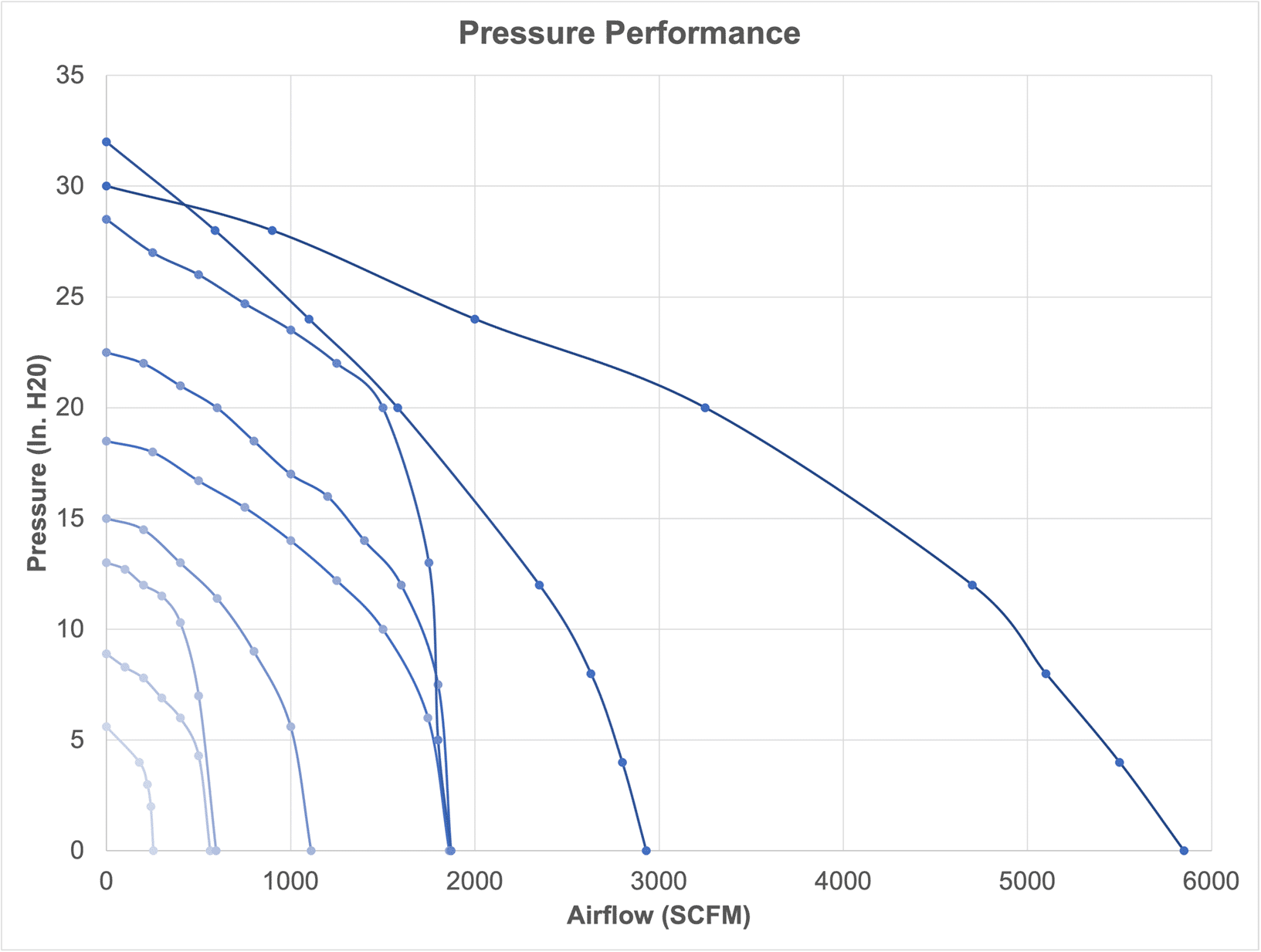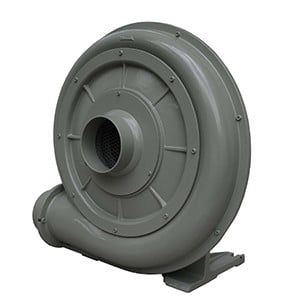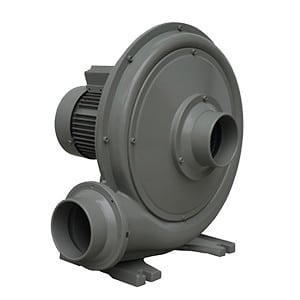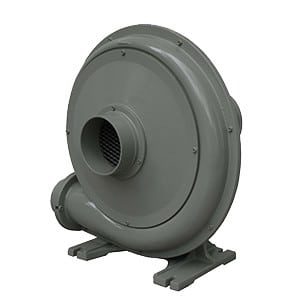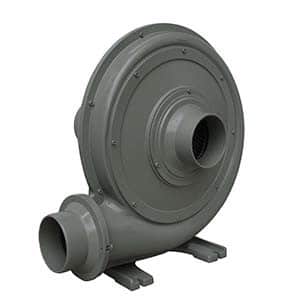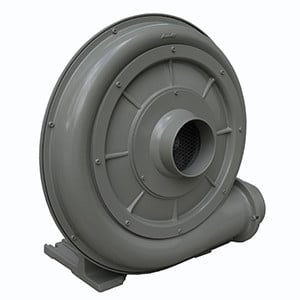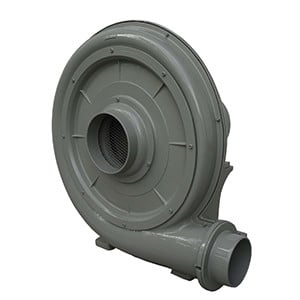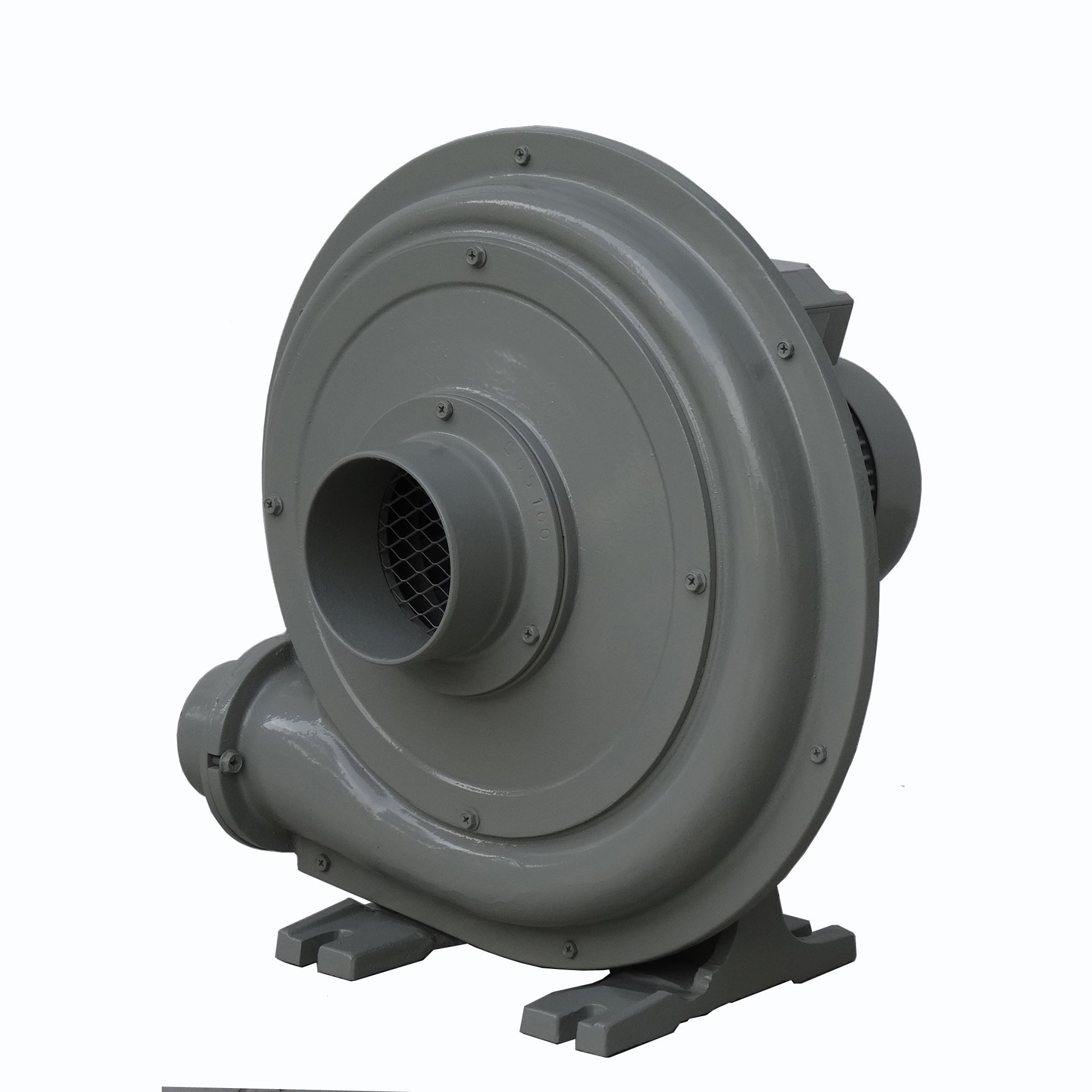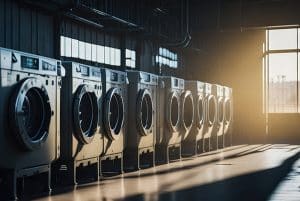UPS (Uninterruptible Power Supply) systems are designed to be highly reliable, serving as a critical safeguard against power interruptions and anomalies. However, like any technology, their reliability depends on several factors, including their design, quality, maintenance, and the environment in which they are used.
Here’s a breakdown of factors affecting UPS reliability:
- Quality and Design: The reliability of a UPS system is strongly influenced by its design and the quality of its components. High-quality UPS systems with robust design principles are generally more reliable and capable of handling a wide range of power issues.
- Maintenance: Regular maintenance is crucial for maintaining the reliability of a UPS system. This includes checking the batteries, which are a critical component, as well as ensuring that all parts of the UPS are functioning correctly. A well-maintained UPS is far more likely to provide reliable service over its lifespan.
- Battery Life: The batteries used in UPS systems, typically lead-acid or lithium-ion, have a finite lifespan and will degrade over time. The reliability of the UPS is closely tied to the health of its batteries. Regular testing and timely replacement of batteries are essential to maintain UPS reliability.
- Environmental Conditions: The environment in which a UPS operates can significantly impact its reliability. Extreme temperatures, humidity, dust, and poor ventilation can all shorten the lifespan of a UPS and its batteries, leading to increased risk of failure.
- Load Management: Overloading a UPS system beyond its rated capacity can lead to failures. Proper sizing and load management are crucial to ensure reliable UPS operation.
- Manufacturer Support and Warranty: Choosing a UPS from a reputable manufacturer with good support and warranty terms can also affect its reliability. Access to expert support can help resolve issues more quickly and efficiently.
- Technological Advances: Advances in UPS technology, including improvements in battery chemistry, energy efficiency, and management software, continue to enhance the reliability and performance of UPS systems.
While no system can be 100% reliable, modern UPS systems are designed to offer very high levels of reliability. For critical applications, strategies such as redundant (N+1) configurations, where an additional UPS system is used as a backup, can further enhance reliability and ensure continuous power protection. Regular maintenance, proper sizing, and environmental management are key to maximizing the reliability of a UPS system.



